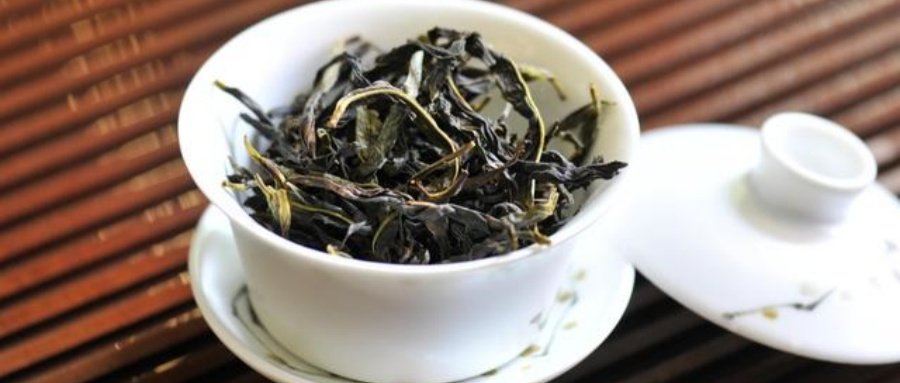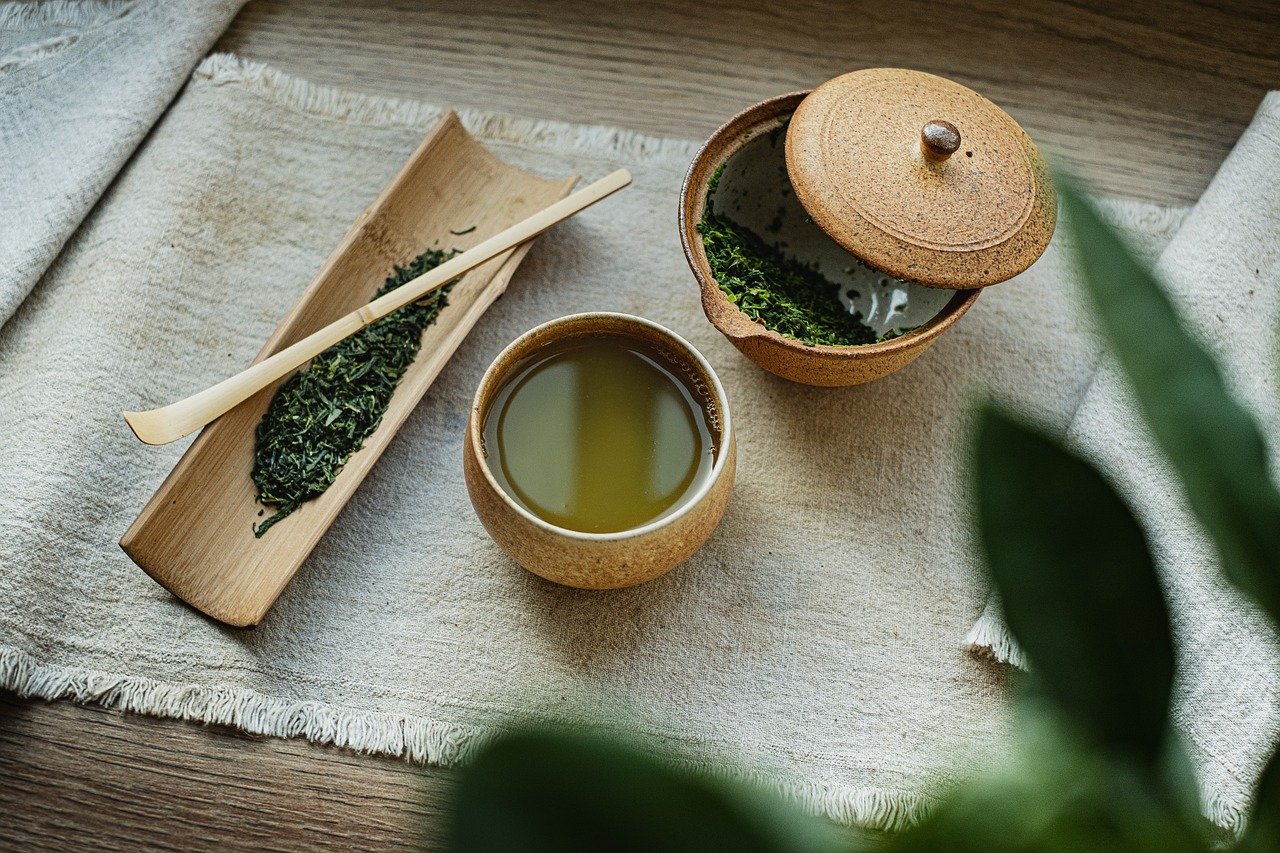Tea, with its rich history, diverse flavors, and countless health benefits, is a beloved beverage enjoyed by millions worldwide. However, for those who treasure their tea collection, a common concern lingers: does tea expire? In this blog post, we’ll delve into this timeless question and uncover the truth behind the shelf life of tea.
Understanding Tea Expiration:
Contrary to perishable foods that have a definitive expiration date, tea does not technically expire in the same way. Instead, tea undergoes changes over time that can affect its flavor, aroma, and potency. While these changes may impact the overall quality of the tea, it doesn’t necessarily render it unsafe or harmful to consume.

Factors Affecting Tea Freshness:
Several factors contribute to the deterioration of tea over time, including exposure to air, light, moisture, and heat. Oxygen can cause tea to oxidize, leading to a loss of flavor and aroma. Ultraviolet light and heat can accelerate this process, while moisture can promote mold growth and spoilage. Additionally, tea can absorb odors and flavors from its surroundings, affecting its taste and quality.
Types of Tea and Shelf Life:
The shelf life of tea can vary depending on factors such as tea type, processing method, and storage conditions. Generally, more delicate teas such as green and white tea have a shorter shelf life compared to fully oxidized teas like black and pu-erh tea. Herbal teas, which often contain dried flowers, fruits, and herbs, may also have a shorter shelf life due to their natural ingredients.
Storage Tips for Prolonging Tea Freshness:
To maximize the shelf life of your tea and preserve its freshness, consider the following storage tips:
1. Store tea in air-tight containers to minimize exposure to air and prevent oxidation.
2. Keep tea away from direct sunlight and store it in a cool, dark place to prevent degradation of flavor and aroma.
3. Avoid storing tea in humid environments or near strong-smelling substances that could affect its taste.
4. Use tea regularly and replenish your supply as needed to ensure freshness and quality.
Using Your Senses:
While tea may not have a strict expiration date, it’s essential to use your senses to determine its quality before brewing. Inspect the appearance, aroma, and flavor of the tea for any signs of deterioration, such as off-putting odors, discoloration, or mold growth. If the tea looks or smells unusual, it’s best to err on the side of caution and discard it.

In conclusion, while tea does not expire in the traditional sense, its freshness and quality can diminish over time due to various factors. By storing tea properly and using your senses to assess its quality, you can prolong its shelf life and continue to enjoy its delightful flavors and aromas for years to come. So, brew with confidence, savor each sip, and embrace the timeless pleasure of a perfectly steeped cup of tea, knowing that its essence remains evergreen.
